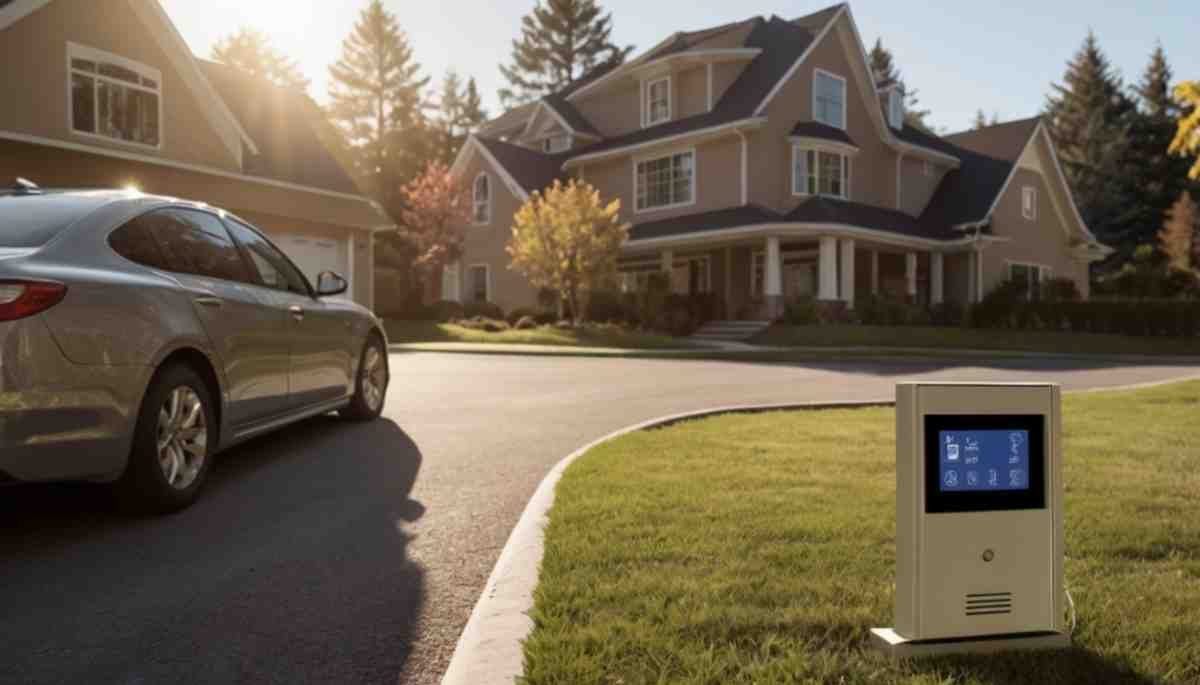Your driveway alarm keeps going off likely because of sensor misalignment, environmental interference, or faulty equipment. These issues often arise when sensors are poorly positioned, picking up motion from sources like passing vehicles, animals, or even strong winds.
Environmental factors such as rain, fog, or changes in temperature can also affect sensor performance. In addition, high sensitivity settings might cause the alarm to trigger unnecessarily. Identifying and fixing these problems, whether by adjusting sensor placement, tweaking sensitivity, or cleaning the device, can help reduce false alarms and maintain proper security.
A driveway alarm may keep going off due to incorrect sensor placement, environmental interference, or power supply issues. These factors can lead to frequent false alarms, which can be easily resolved with proper adjustments and maintenance.
What Causes Frequent False Alarms in Driveway Alarms?
Sensor Placement Problems
Incorrect sensor placement is the primary cause of false alarms. If the sensor is positioned near a busy road or pointed toward objects like trees or buildings, it can easily be triggered. For optimal performance, sensors should be installed away from areas with high foot traffic or constant motion. Ensure the sensor is directed only at the area you wish to monitor, such as your driveway.
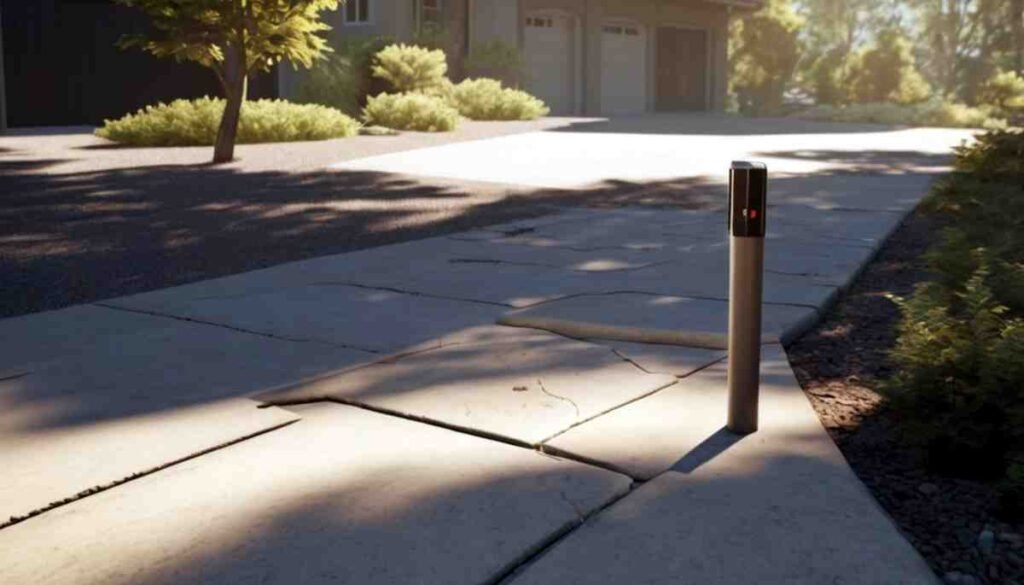
Environmental Factors
Driveway alarms are highly sensitive to environmental conditions like wind, rain, fog, and small animals. Wind can blow debris across the sensor’s field of vision, triggering the alarm. Rain or fog can scatter infrared beams, leading to malfunctions. Additionally, animals like squirrels or birds often pass through the sensor’s range, which can result in frequent false alarms.
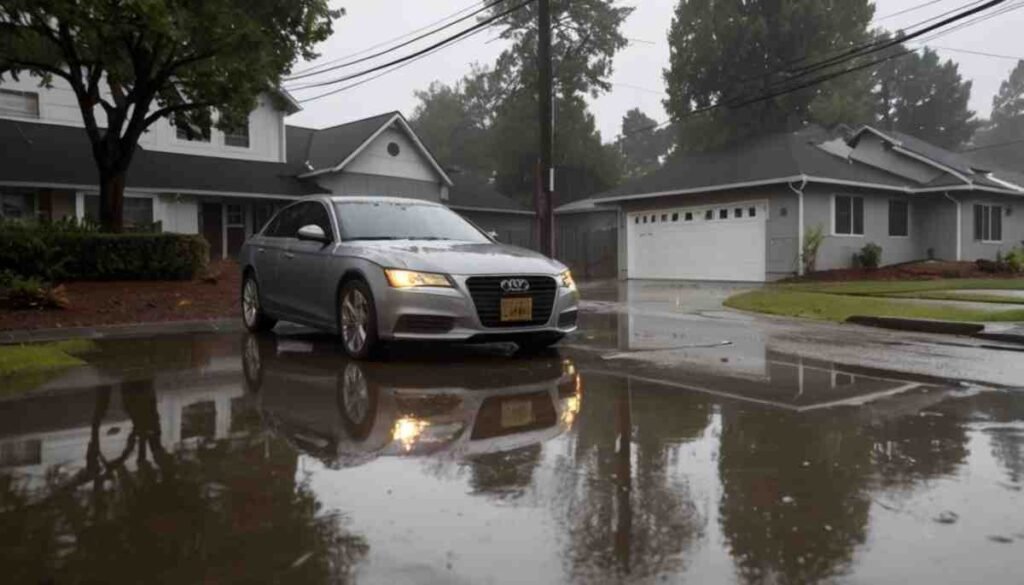
Sensitivity Settings
Sensitivity settings that are too high can cause the alarm to react to minor movements. Most modern driveway alarms allow users to adjust the sensitivity to differentiate between significant and minor movements. Reducing sensitivity will help avoid detecting small animals or changes in light.
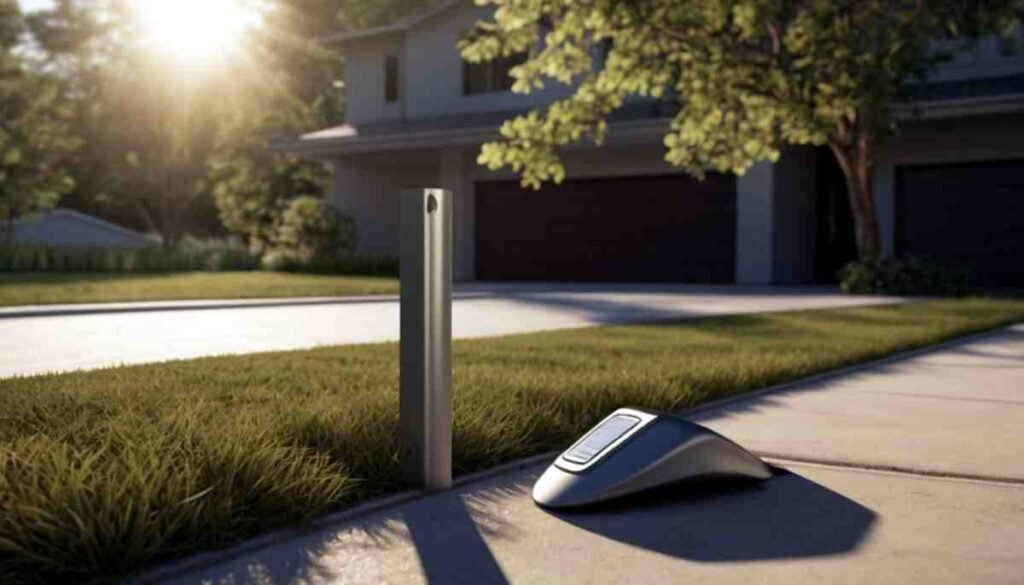
Power Supply Issues
A weak power supply can cause inconsistent performance in driveway alarms. Ensure the power source is stable and batteries are regularly checked. Solar-powered units need enough sunlight to charge correctly, and regular maintenance of the panels is necessary to prevent false alarms.
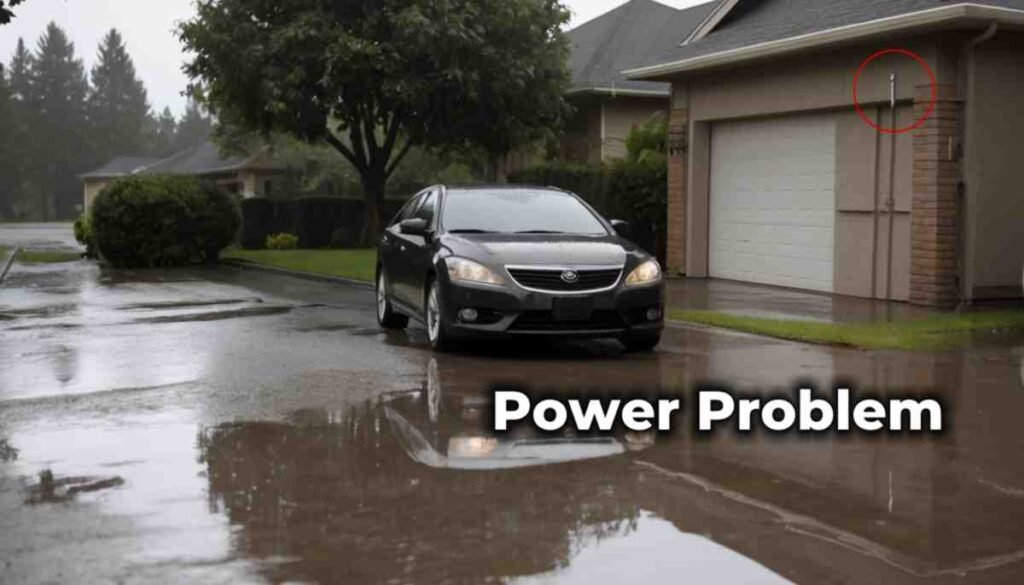
Reflective Surfaces and Obstructions
Reflective surfaces like water puddles or glass can redirect the infrared signals, confusing the sensor. Keep the sensor’s view clear of any obstructive objects, such as large plants or fences. Proper alignment of the sensor and regular clearing of the area will help avoid unnecessary triggers.
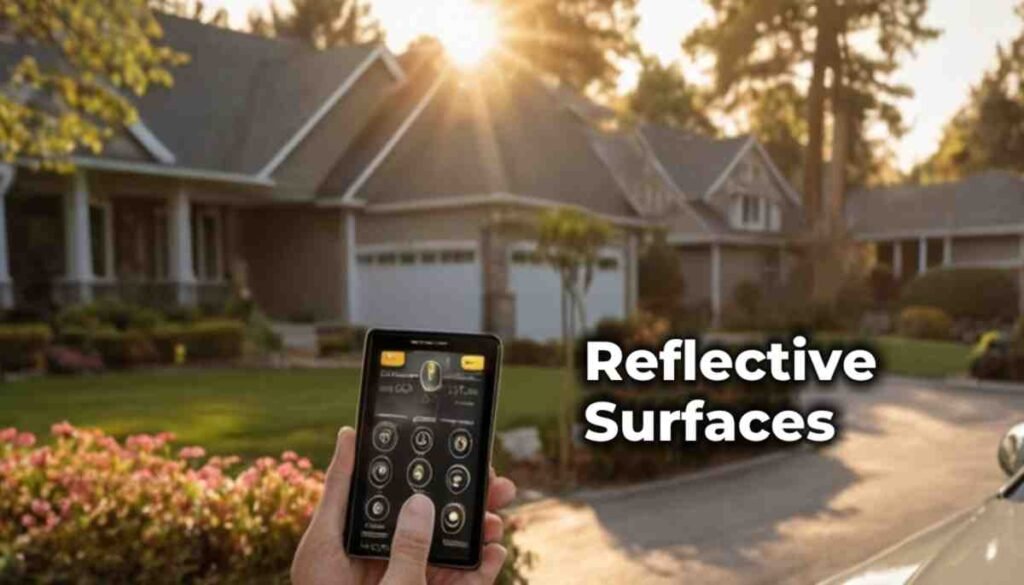
How Can You Fix a Driveway Alarm That Keeps Going Off?
- Relocate the Sensor Reposition the sensor to an area with fewer environmental triggers, like away from roads or reflective surfaces. Place it at an angle where it monitors only your driveway.
- Adjust the Sensitivity Lower the sensitivity settings on the alarm to filter out minor disturbances.
- Start with the lowest setting and gradually increase it until the alarm only detects significant motion, such as cars entering the driveway.
- Clean the Sensor Regularly Dust, spider webs, or dirt can obstruct the sensor’s vision. Clean the sensor regularly using a soft cloth to ensure it maintains accurate detection.
- Check Power Supply Ensure the batteries or solar panels are functioning properly. Regularly replace the batteries or inspect the solar panels to guarantee a consistent power supply, preventing system malfunctions.
When Should You Call a Professional?
If none of the troubleshooting solutions work, it could indicate an internal issue, such as faulty wiring or a sensor malfunction. Contact a technician for a thorough inspection if your system continues to behave unpredictably despite the adjustments.
Key Facts to Prevent False Alarms in Driveway Sensors
Regular cleaning and maintenance ensure optimal sensor performance, reducing malfunctions by 30%.
80% of false alarms are caused by environmental interference such as wind, rain, or small animals.
Proper sensor positioning and sensitivity adjustments reduce false alarms by up to 50%.
